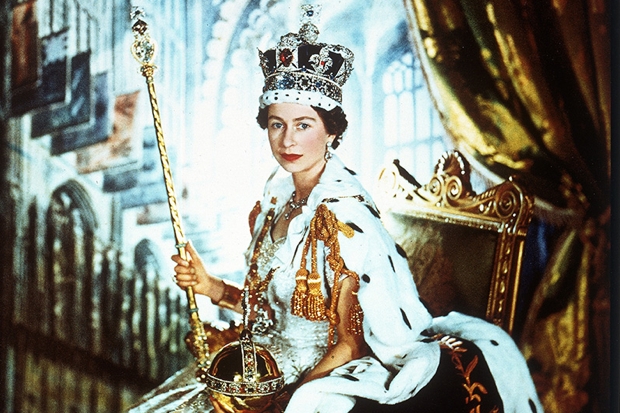In 2012 as the Jubilee celebrations began, I was honoured to meet the Queen twice. At Lambeth Palace, three Muslim colleagues and I presented Her Majesty with a decorative frame with Quranic text embroidered on a cloth that had once been used to cover the holiest of Muslim sites, the Kaaba. I met her again shortly afterwards, when she came with the newly-married Duchess of Cambridge to Leicester cathedral to begin her Jubilee tour.
Our meeting came sixty years after the young princess became Queen Elizabeth II, following her coronation in Westminster Abbey with St Edward’s Crown. The service was three hours long and attended by 8,000 guests. It now feels like it belongs to a different age. And of course it does. Britain is a more plural and more secular country than it was in 1953. This has led a number of people to suggest that when the next coronation occurs, a traditional and, in particular, Christian ceremony is no longer appropriate.
As the Chair of the Islamic Society of Britain, you might expect me to agree with those impressions. But like the majority of the population, as revealed in a new poll conducted by ComRes for the think tank Theos, I support the idea of a Christian coronation. Only 19 per cent of people thought that a Christian coronation would alienate people of non-Christian faiths from the ceremony, while only 22 per cent of people from a religious minority agreed that it would alienate them.
I believe that many British Muslims feel the same way as me. We, like others, respect the traditions of our country, and would not see it as alienating if that Christian tradition continued. Theologically, both Islam and Christianity, along with Judaism, share a considerable amount both in terms of their history and their core values and beliefs. The coronation traditions that have been in place for more than a millennium are part of the ceremony that marks this significant moment in our history. These traditions belong to a range of communities from across Britain, whatever their faith or culture.
That’s not to say I don’t agree that there should be modifications made to the coronation service. A shorter service would be appropriate, as well as fewer than the 8,000 guests that were invited last time. And while I believe that it should remain a Church of England ceremony, I think that it could involve representatives of other faiths.
For example, we could present our next monarch with a copy of the Qur’an as a mark of our allegiance, along with representatives of other faiths and their scriptures. This would be a simple and important way of reflecting a Britain that has changed in many ways since 1953, including the range of faiths that have contributed to the development of the UK and are now part of the fabric of our society.
The Prince of Wales has talked about his desire to be a ‘Defender of Faiths’. Muslims are also loyal Britons and participating in the coronation would show how it is perfectly possible to be both religiously faithful and nationally loyal. Many faith groups feel at home in Britain and have in fact become an intrinsic element of our nation’s diversity. The idea of Christian traditions being at the heart of the coronation is an affirmative sign that religious traditions play an important role in our nation’s key ceremonies.
As the nation marks the moment in which the Queen becomes our longest-serving monarch, it is right to think respectfully about what the next coronation should be like, and to explore ways in which this important moment in national life can continue the Christian tradition that stretches back for many centuries.
Sughra Ahmed is the chair of the Islamic Society of Great Britain






Comments